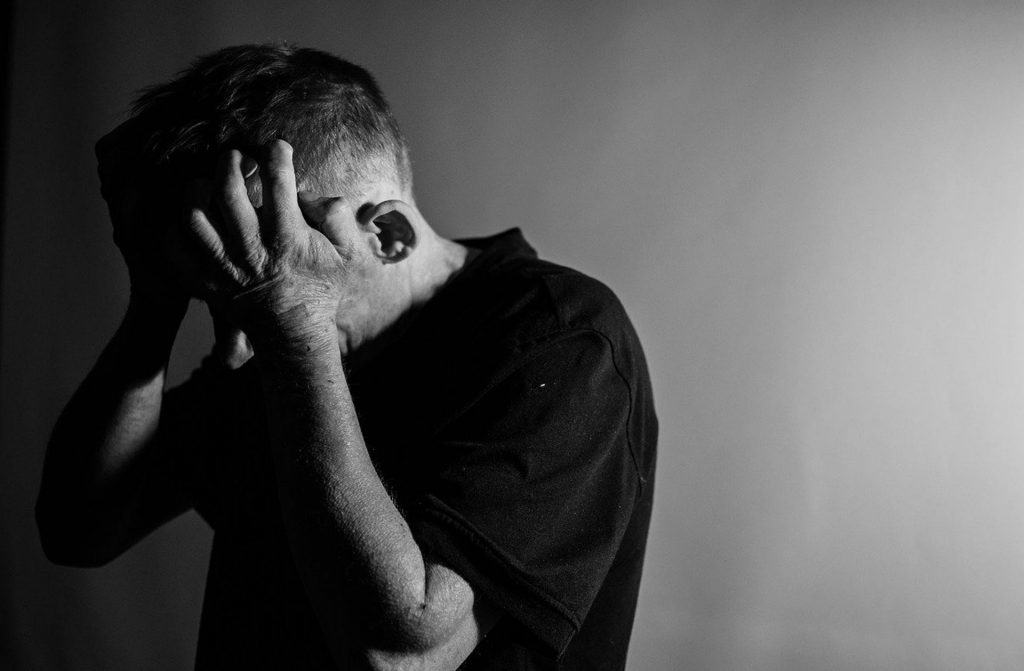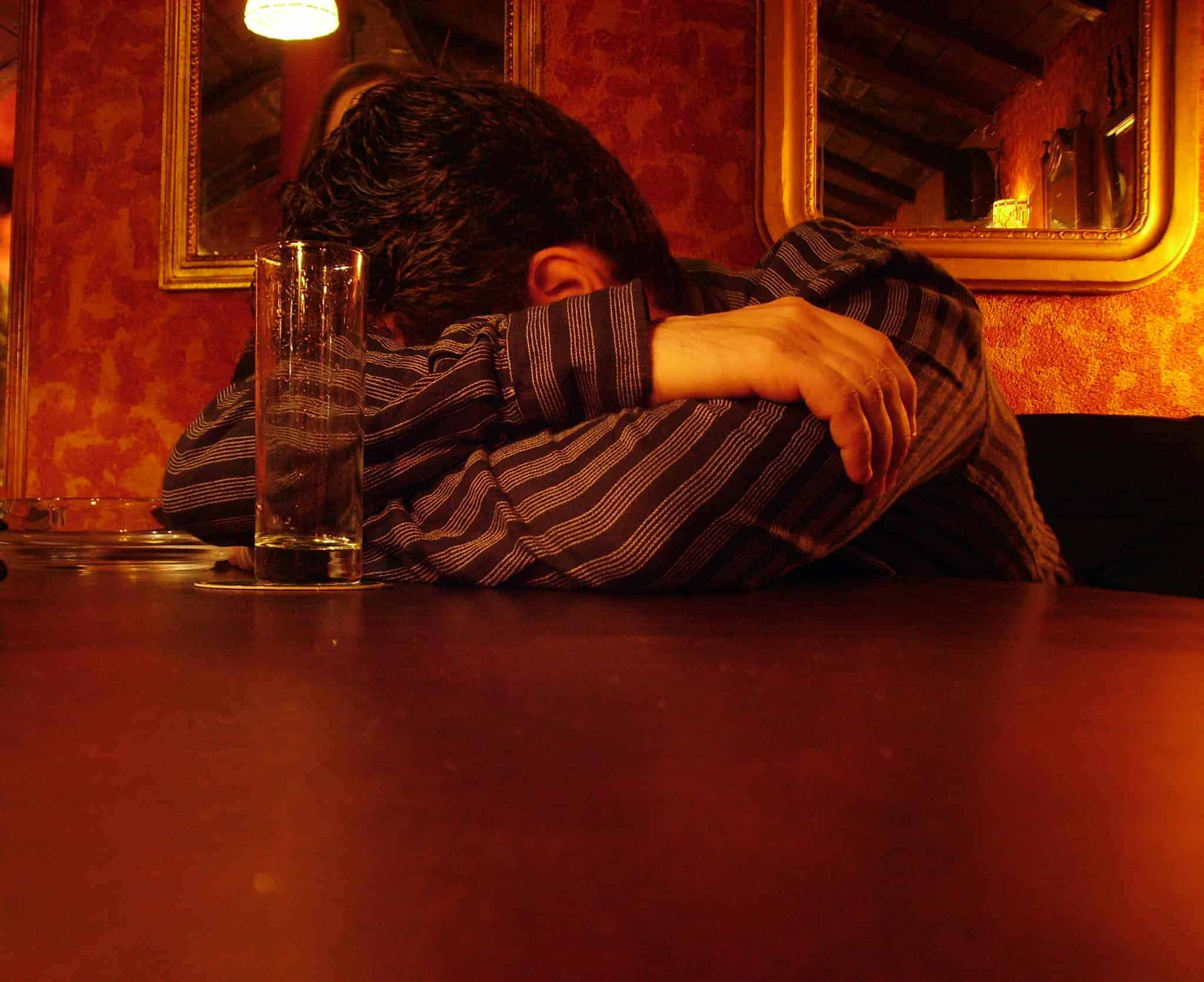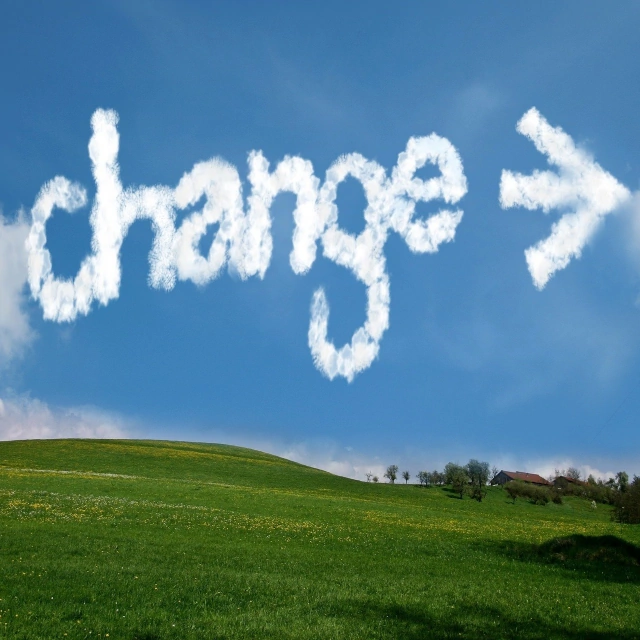What is the typical behaviour of an alcoholic or addict?

Are you struggling with an alcoholic or drug addict in your family? Are you finding it hard to live with them? Or stay in a relationship while at the same time being unable to stop loving them? If you are wondering if the behaviour traits you are noticing are signs of, or because of addiction, read on. What is the typical behaviour of an alcoholic or addict?
Typical behaviour of an alcoholic or addict
Anger and aggression: alcohol and drugs are disinhibitors. That is they make us say and do things which we would not normally say and do if we were more in control of ourselves. So we may say things and become verbally abusive. Or even get physically violent when we would not normally be so. We are likely to react more extremely to provocation (whether from the past or in the present) and lash out. We feel more brave. And will speak our truth. We may get violent because we have a false sense of our own strength and power. And are not in control of our emotions.
Anxiety and stress: although drink and drugs will initially help us to relax, as we use them more and more, so they do the opposite. This is especially the case if we become dependent on them. If we start to withdraw and are concerned about getting our next drink or drug – when or where it is coming from – this will make us increasingly stressed and anxious. Also, our general behaviour around drink and drugs will make us more anxious and stressed. As we know it is wrong. And so we are on a downhill spiral. Our anxiety and stress increases. Which leads us to seek more alcohol / drugs, which leads to more anxiety and stress.
Defensiveness: As our drink and drugs become more important to us, you may notice our dependency and want to challenge it. For us alcoholics / addicts, our habit is increasingly vital for us to get through the day. So you challenge and we defend. We have no choice.
Common behavioural traits of an addict
Disappearing for periods of time: sometimes our need to carry on drinking and / or taking drugs means that we have no desire to get home. We forget that you might be worrying. And even going out of your mind. We might even put our need to carry on drinking and taking drugs above important events. We will be sorry about this later (we may become defensive!). But at the time we are powerless over the craving / need for more alcohol / drugs.
Emotionally vacant: although alcohol and drugs can be disinhibitors – making us more chatty and energetic, they can also sedate us and make us forgetful. So you may well see us as glassy eyed, sleepy and without emotion.
Forgetful: we will often forget conversations and arrangements we have made. We may even forget something we have been told only moments before. Another aspect to this is that we will tell you information we have already imparted and we will be repetitive.
Isolating: as the drink or drugs get more of a hold on us, the social drinking and using decreases and the home use increases. We stop going out so much and we become anti-social. This frequently results in us staying put or hiding in our bedrooms, and our life becomes very small.
Lying: often part of being defensive, we will lie to protect our habit. We will tell you we have not had a drink. Or at least tell you we have only had one, when it is plain that we have. We will tell you we are not taking / have not taken drugs. We lie and make up all sorts of stories to protect our habit – and to protect you because we know that to hear the truth would hurt you too.
Mood swings and panic attacks
Mood swings – we are up and down so much that you might think we have bipolar disorder. You will certainly think we have depression. Alcohol and drugs are chemical depressants and we know we are behaving badly so no wonder we feel down at times. In the short term alcohol and drugs can make us feel happy. So no wonder we seem up and down! However, though most alcoholics and addicts will seem to be depressed / bi polar it is almost always a symptom of our drinking and using and once we stop and get the help we need we are not depressed or bi polar at all!
Panic attacks – we may suffer these almost entirely due to withdrawal. We will experience shakes and sweats, be unable to breathe, our heart might race etc. This can lead us to avoid public transport, driving etc
Unreliable – we forget things and commitments we have made, get distracted by having a drink or using, and generally make ourselves ill such that we become unreliable.
Shaking, sweating – these are symptoms of withdrawal especially with alcohol.



